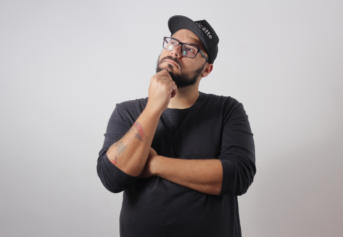
The Definition of a Polyglot
As people who speak multiple languages, polyglots like to use those languages; we like to see how we do. But there is an element of performance. Are you better than me? Am I better than you? For some people that’s fine. I think a lot of us are very happy, in fact, when we hear somebody speak better than we do.











